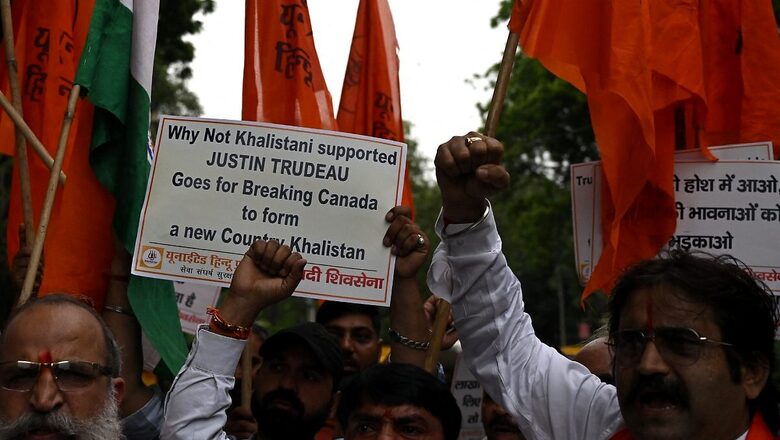
views
Canadian Defence Minister Bill Blair has called Canada’s relationship with India “important”, and said his country will continue to pursue partnerships like the Indo-Pacific strategy while the investigation of the killing of Khalistani extremist Hardeep Singh Nijjar continues.
Canada had been seeking deeper trade, defence, and immigration ties with India before the “credible intelligence,” as Canadian Prime Minister Justin Trudeau called it, was first raised with Canadian officials, Global News reported.
In an interview aired on Sunday on The West Block, Blair suggested Canada will continue to pursue those partnerships while the investigation into allegations continues.
What Blair Said?
“We understand that this can be, and has proven to be, a challenging issue with respect to our relationship with India,” he was quoted as saying by Global News.
“But at the same time, we have a responsibility to defend the law, defend our citizens, and at the same time make sure that we conduct a thorough investigation and get to the truth,” he said.
If the allegations are proven true, Blair said “there is a very significant concern that Canada will have with respect to the violation of our sovereignty in the murder of a Canadian citizen on Canadian soil.”
The Minister further noted that the Indo-Pacific strategy was still a critical one for Canada and has led to an increased military presence in the region and commitments for further patrol capabilities.
Notably, the Indo-Pacific strategy commits USD 492.9 million over five years toward those military priorities, out of a total of nearly USD 2.3 billion over the same period.
India-Canada Diplomatic Issue
Tensions flared between India and Canada following Trudeau’s explosive allegations of Indian agents’ “potential” involvement in the killing of Sikh separatist leader Nijjar on his country’s soil on June 18 in British Columbia.
India had designated 45-year-old Nijjar, the chief of the banned Khalistan Tiger Force (KTF), as a terrorist in 2020.
India has rejected the allegations as “absurd” and “motivated” and expelled a senior Canadian diplomat in a tit-for-tat move to Ottawa’s expulsion of an Indian official over the case.
On Thursday, India asked Canada to come down hard on terrorists and anti-India elements operating from its soil and suspended visa services for Canadians, as escalating tensions between the two nations over the killing of Nijjar pushed their ties to an all-time low. It also accused Canada of being a safe haven for terrorists.
India also asked Canada to downsize its diplomatic staff in the country, arguing that there should be parity in strength and rank equivalence in the mutual diplomatic presence. The size of Canadian diplomatic staff in India is larger than what New Delhi has in Canada.
Meanwhile, the United Hindu Front on Sunday held a protest against the Canadian PM at Delhi’s Jantar Mantar, expressing their disapproval of Trudeau’s alleged support and protection of anti-India Khalistanis.
External Affairs Minister S Jaishankar, who is in New York, also took a veiled dig at Canada. Speaking at a ministerial session titled ‘South Rising: Partnerships, Institutions and Ideas’ hosted by the Observer Research Foundation, Jaishankar said that it is still a world of “double standards” and those countries which are occupying positions of influence are resisting the pressure to change.
“In the name of the market, a lot of things are done, like in the name of freedom, a lot of things are done,” he said, hinting at Trudeau’s statements defending pro-Khalistan activities in Canada by citing freedom of speech.
In Canada, however, posters calling for the killing of Indian diplomats at a Gurdwara in Surrey were taken down after local authorities intervened amid Ottawa’s plummeting ties with India. According to sources, the Surrey Gurdwara was asked to remove the posters calling for the killing of three Indian diplomats after authorities realised the magnitude of the issue and the optics of such messaging originating from Canadian soil.
‘No Intel Received on Nijjar’
Reportedly, No evidence has been shared with India by Canada on Indian agents’ possible involvement in Nijjar’s murder. Quoting top Indian security officials, a report by Hindustan Times said neither Ottawa nor Washington DC shared any intelligence on the KTF Chief’s killing with New Delhi in the run-up to the G-20 summit in Delhi.
“Credible allegation is an oxymoron,” said one of the officials, referencing Trudeau’s statement when he first mentioned the issue last week. And since then too no evidence has been shared, the officials added.
India Mulls To Cancel OCI Cards of Khalistani Terrorists
After the National Investigation Agency (NIA) confiscated the properties of Canada-based ‘designated individual terrorist’ Gurpatwant Singh Pannun, it is learnt that the government has asked the investigative agencies to identify the properties of other terrorists wanted in India sitting abroad.
Sources privy to the matter said that the government has asked the agencies to identify the properties of the terrorists settled abroad.
The source also said that the government has asked the agencies to identify Khalistani terrorists settled in countries like the US, UK, Canada and Australia and cancel their Overseas Citizenship of India (OCI) so that they don’t come to India.
US Gave Intel?
Meanwhile, the US has claimed that it provided Canada with intelligence after Nijjar’s killing. However, as per a report by The New York Times, the communications intercepted by Ottawa were more definitive and led it to accuse India of orchestrating the plot.
The report, which cited sources, came on Saturday as the top US diplomat in Canada confirmed that there was “shared intelligence among Five Eyes partners” that had prompted Trudeau’s offensive allegation against India in the killing of a Khalistani extremist on Canadian soil.
“In the aftermath of the killing, US intelligence agencies offered their Canadian counterparts context that helped Canada conclude that India had been involved,” the NYT reported, quoting unnamed allied officials as saying.
Yet what appears to be the “smoking gun,” intercepted communications of Indian diplomats in Canada indicating involvement in the plot, was gathered by Canadian officials, allied officials said.
David Cohen, US Ambassador to Canada, in an interview with CTV News said that “shared intelligence among Five Eyes partners” had informed Trudeau of the possible involvement of Indian agents in the murder of a Canadian citizen in June.
“I will say this was a matter of shared intelligence information. There was a lot of communication between Canada and the United States about this, and I think that’s as far as I’m comfortable going,” Cohen told CTV News.
After Nijjar’s death, American officials told their Canadian counterparts that Washington had not had any advance information about the plot, and that if US officials had they would have immediately informed Ottawa under the intelligence agencies’ “duty to warn” doctrine, according to two allied officials, the newspaper reported.
The officials, who spoke on the condition of anonymity to discuss what has become a diplomatic firestorm, said Canadian officials had offered a general warning to Nijjar but had not told him that he was the target of an Indian government plot, according to the report.
Cohen told CTV that said that the US takes very seriously these allegations. “And, you know, if they prove to be true, it is a potentially very serious breach of the rules-based international order in which we like to function,” he said in response to a question.
US’ Stance
The United States has also urged India to cooperate with Canada in its investigations.
While Secretary of State Antony Blinken has called on India to cooperate with the Canadian investigation, American officials have largely tried to avoid triggering any diplomatic blowback from India, the paper said.
But the disclosure of the involvement of US intelligence risks ensnaring Washington in the diplomatic battle between Canada and India at a time when it is keen to develop New Delhi as a closer partner, it said.
Blinken said the US is “deeply concerned” about the allegations raised by Canadian Prime Minister Trudeau against India and Washington was “closely coordinating” with Ottawa on the issue and wants to see “accountability” in the case.
Speaking at a press conference in New York on Friday, Blinken said the US has engaged directly with the Indian government on the issue and the most productive thing would be the completion of this investigation.
Warning To Sikhs In the US
After Nijjar was shot dead, the Federal Bureau of Investigation (FBI) agents visited several Sikh leaders and warned them that their lives were also at risk, as per a report in The Intercept.
Pritpal Singh, a political activist who is a coordinator for the American Sikh Caucus Committee, told The Intercept that he and two other Sikh Americans in California received calls and visits from the FBI after Nijjar was killed.
Sukhman Dhami, co-director of Ensaaf, a California-based nonprofit group said Sikhs throughout the US have received police warnings about potential threats.
(With Inputs from PTI and IANS)










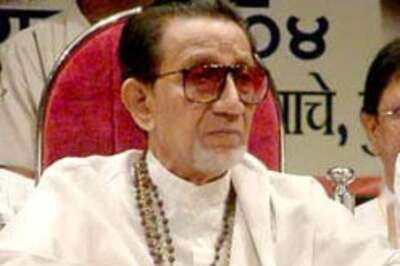
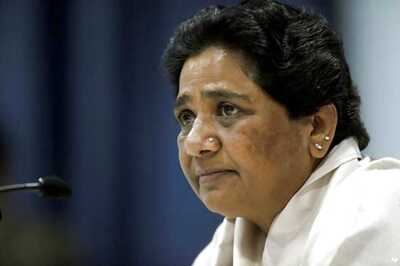


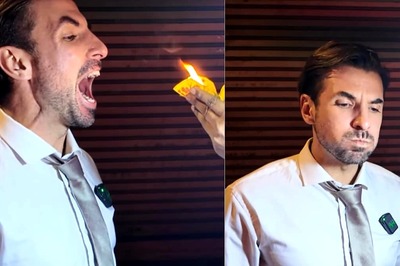
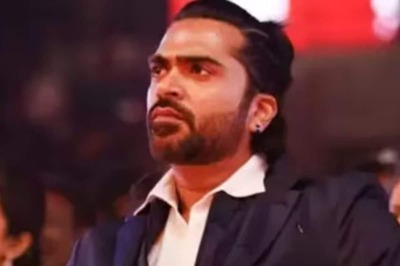
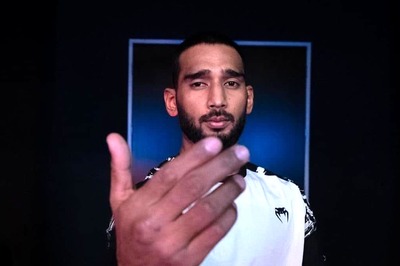
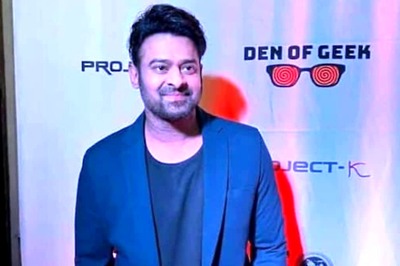

Comments
0 comment